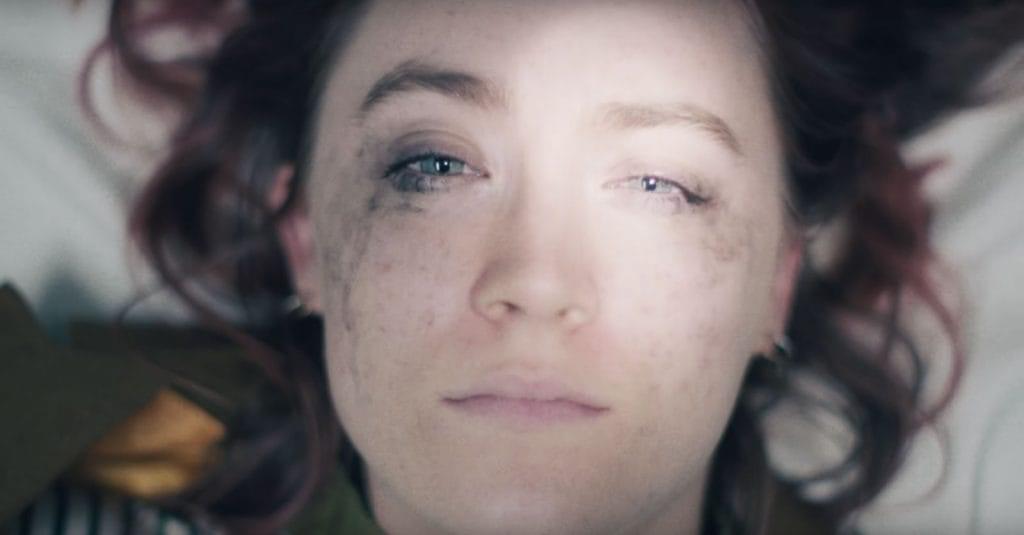
If puns are the lowest form of humor, then it’s certainly an irony that something called “Handicamp” — a summer camp created specifically for physically and mentally challenged individuals — is one of the higher minded endeavors to come along in recent memory. Kent Bye’s heartwarming and surprisingly engaging documentary of the same name explores this unique institution and the people who make it so noble and memorable.
Camp goers, who suffer a variety of handicaps ranging from Down Syndrome to severe autism, participate in an assortment of activities such as arts and crafts, fishing, and archery, that are typical of what one would expect to find at a summer camp. The primary difference is that each “camper” gets paired up with a counselor; his or her personal companion whose sole task it is to be their camper’s friend and helper for the week.
While Bye’s film focuses on five such duos, two stand out as the most compelling. Sean, a love struck young man afflicted with Down Syndrome, asks his counselor Jeff some difficult questions regarding love and the opposite sex. As Jeff is happily married, and thus acutely and uncomfortably sensitive to Sean’s pain, this makes for a number of poignantly intense moments. Meanwhile Bonnie, a feisty and flirtatious older woman, takes it as her mission during the week to get “married” to each and every young male counselor at the camp, much to the amusement of her sweet as sugar fifteen year old companion Diane.
Bye, Film Threat’s unofficial staff photographer, successfully treads a very narrow line throughout most of “Handicamp.” The film shows compassion for the campers without indulging in melodramatic and manipulative pity. It demonstrates how physically and mentally impaired people, who often want nothing more than friendship and a role in society, are really not all that terribly different from the rest of us. Yet, it doesn’t gloss over what very real differences do exist.
The film flirts with a handful of tangents, such as an atheist photographer’s brief and gentle debate with one of the camp founders about why God would intentionally create handicapped people. As the camp is run by a Lutheran ministry, the potential for fireworks exists, but doesn’t really go anywhere. Which is fine, as that’s really not the point of “Handicamp.”
What is, is that by the end of the film, it’s readily apparent that the Handicamp experience may be more important to the counselors — and by extension, the audience — than it is to the campers.

